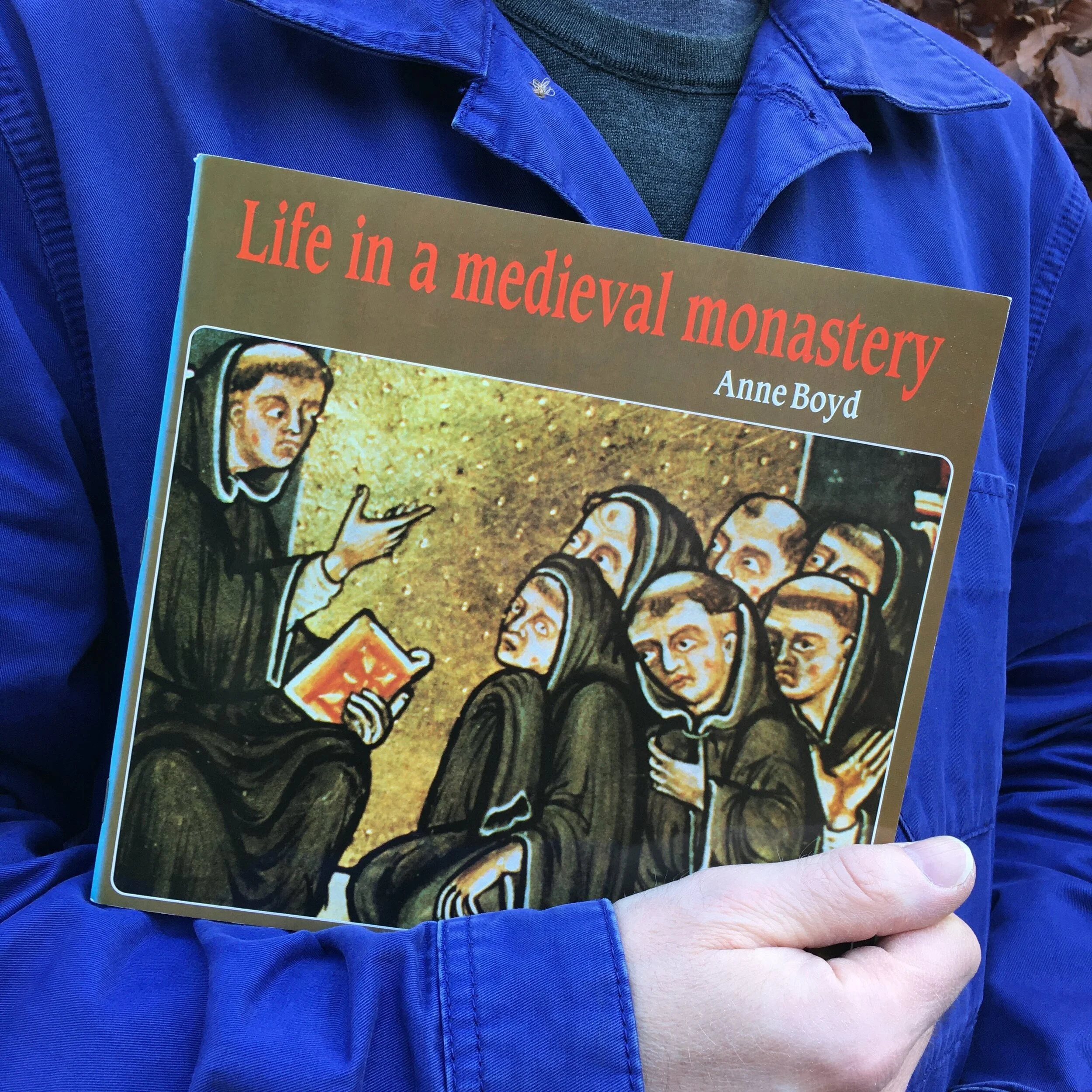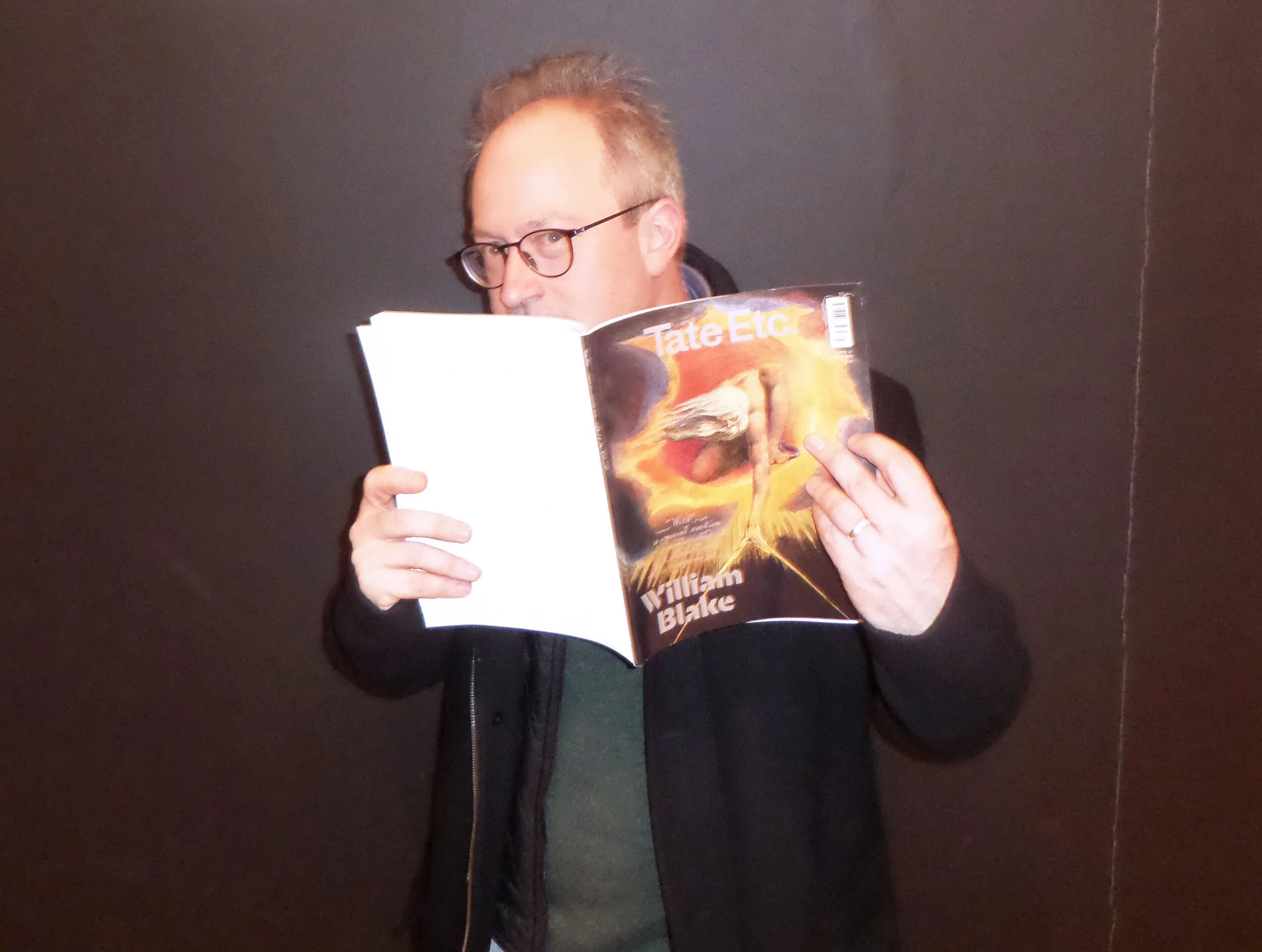Friedrich Nietzsche
Harry Pye ponders what reading books on Nietzsche can teach yer?
“You will never get the crowd to cry Hosanna until you ride into town on an ass.” Is one of Friedrich Nietzsche's many famous quotes. As a child, young Friedrich would have been taught that it was most significant that when Jesus came to Jerusalem with the news that the meek shall inherit the earth, he rode in on a humble ass rather than a massive great horse.
However, Mr Nietzsche was never backwards in coming forward. In 1888, in his autobiography, he described himself as being a bringer of good tidings and claimed, “I am not a man, I am dynamite” One section of his autobiography is called, Why I Write Such Excellent Books.
Whereas thousands of people would flock to hear Jesus – Nietzsche was more of an acquired taste. In his lifetime his books remained largely unsold. In 1885, he only got 40 copies of one of his books printed.
Nietzsche believed he had vital truths to impart the fact that the world wasn’t listening was the cause of some distress. Other things which would have caused him distress were his problems with constant vomiting and his failing eyesight both of which were most likely connected to him contracting syphilis from a sex worker. Friedrich never found true love but rather than drown his sorrows in Whisky and Gin he would only ever drink water and convince himself that his loneliness - like his sickness and other indignities were somehow a blessing in disguise. If someone is going regularly to a gym so they can be fit enough to enter a marathon you might hear them say, "no pain, no gain" but Nietzsche genuinely meant it when he wrote, "What doesn't kill you, will make you stronger" and so he thought it was good when bad things happened.
By the time he was in his late teens Nietzsche stopped believing that men were made by God and began thinking that God was something made by men. Aged 20 he wrote a letter to his sister Elizabeth which included this suggestion: “If you wish to strive for peace of soul and pleasure, then believe; if you wish to be a devotee of truth, then inquire..”
Nietzsche questioned pretty everything, he’s a little bit like Oscar Wilde in that you can pretty much pick any topic and you’ll find he’s thought about it and had something interesting to say about it.
For example, in the final part of his book, Human, All Too Human he described receiving letters in the post as being rude surprises. He then suggested his readers ought to reserve an hour a week for receiving letters and then immediately afterwards go and have a bath.
In my opinion a lot of what he said is funny. His line, “I can’t believe in a God that needs praise all the time” sounds like something a stand-up comedian might say to an audience in New York.
Likewise, “Ah, women. They make the highs higher and the lows more frequent,” sounds like a line from an American film rather than a quote by famous philosopher.
When he was about to hit 30 he wrote, Untimely Meditations. It’s in this book that he coins the phrase, “a philistine of culture – a man who knows about what he should, and makes sure it has no effect on him.”
In one essay in this book he says, “Any human being who does not wish to be part of the masses need only stop making things easy for himself. Let him follow his conscience, which calls out to him: Be yourself! All that you are doing , thinking, desiring – all that is not you.”
He believed that there was only one true path for everyone and that the important thing was to just walk that path rather than ask where it led. Our true selves, he believed, were not lying buried deep within us, actually rising high above us.
It’s sad to admit that one of the many people who found inspiration in this advice is Adolph Hitler. There is actually a photo from the 1930s of Hitler shaking hands with Friedrich’s sister Elizabeth. Unlike her older brother, Elizabeth Nietzsche was an anti semite. If Friedrich knew that Mr Hitler would cut and paste expressions of his such as "lords of the earth" in Mien Kampf he would have never stopped throwing up.
The list of poets and writers and musicians who cite Nietzsche is a long one.
W.B. Yates described Friedrich Nietzsche as the intellectual heir to William Blake which I personally think is a very nice thing to have said about you.
If Nietzsche could hear me discussing his work in the way I’m doing he would groan and he would be right to do so. It’s an offence to try and sum him up in a short Le Document profile. And by cherry picking bits from all his books and taking them out of context, I am misleading you and doing his work a great disservice.
But, let’s face it, no artist or writer has any control of how their work is received. That’s life. In his first book Friedrich observed...
“What we do is never understood but always merely praised and blamed.”
And pretty much the last thing he ever wrote was, “Do not, above all, confound me with what I am not!”
God is dead and I’m not feeling so great myself
by Harry Pye






